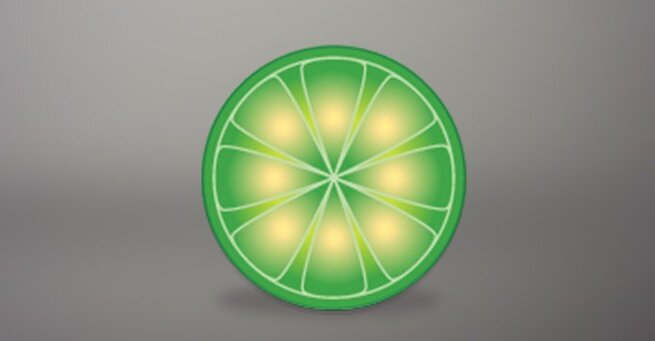Alerts


How LimeWire ended the Napster music revolution remains one of the most-searched questions in digital music history. Many users want to understand how LimeWire became the successor to Napster, why it surged in popularity, and what ultimately led to the end of the early music-piracy era. This short breakdown explains the rise and fall of LimeWire, how it overshadowed Napster, and how both platforms shaped the future of streaming as we know it today.
LimeWire ended the Napster music revolution by offering a decentralized peer-to-peer model that avoided many of the legal traps that took Napster down. While Napster relied on central servers, LimeWire operated on the Gnutella network, making it harder to shut down quickly. This shift allowed LimeWire to thrive as the next major hub for free music downloads.
After Napster collapsed under lawsuits, millions of users turned to LimeWire as the faster, open alternative. Its simple interface, massive library, and lack of central control made it the go-to platform for music sharing. By the mid-2000s, LimeWire had replaced Napster as the symbol of the MP3-piracy era.
Despite avoiding Napster’s early mistakes, LimeWire eventually faced its own massive legal battles. Record labels argued the platform encouraged copyright infringement, resulting in a court order that forced LimeWire to shut down. By this time, legal streaming platforms like Spotify and Apple Music were emerging, offering safer and easier ways to access music.
Absolutely—LimeWire ended the Napster music revolution by showing tech companies what millions of users truly wanted: unlimited, instant access to music. That demand paved the way for today’s subscription-streaming model, marking the end of the piracy era and the start of on-demand digital listening.

𝗦𝗲𝗺𝗮𝘀𝗼𝗰𝗶𝗮𝗹 𝗶𝘀 𝘄𝗵𝗲𝗿𝗲 𝗿𝗲𝗮𝗹 𝗽𝗲𝗼𝗽𝗹𝗲 𝗰𝗼𝗻𝗻𝗲𝗰𝘁, 𝗴𝗿𝗼𝘄, 𝗮𝗻𝗱 𝗯𝗲𝗹𝗼𝗻𝗴. We’re more than just a social platform — from jobs and blogs to events and daily chats, we bring people and ideas together in one simple, meaningful space.

Comments